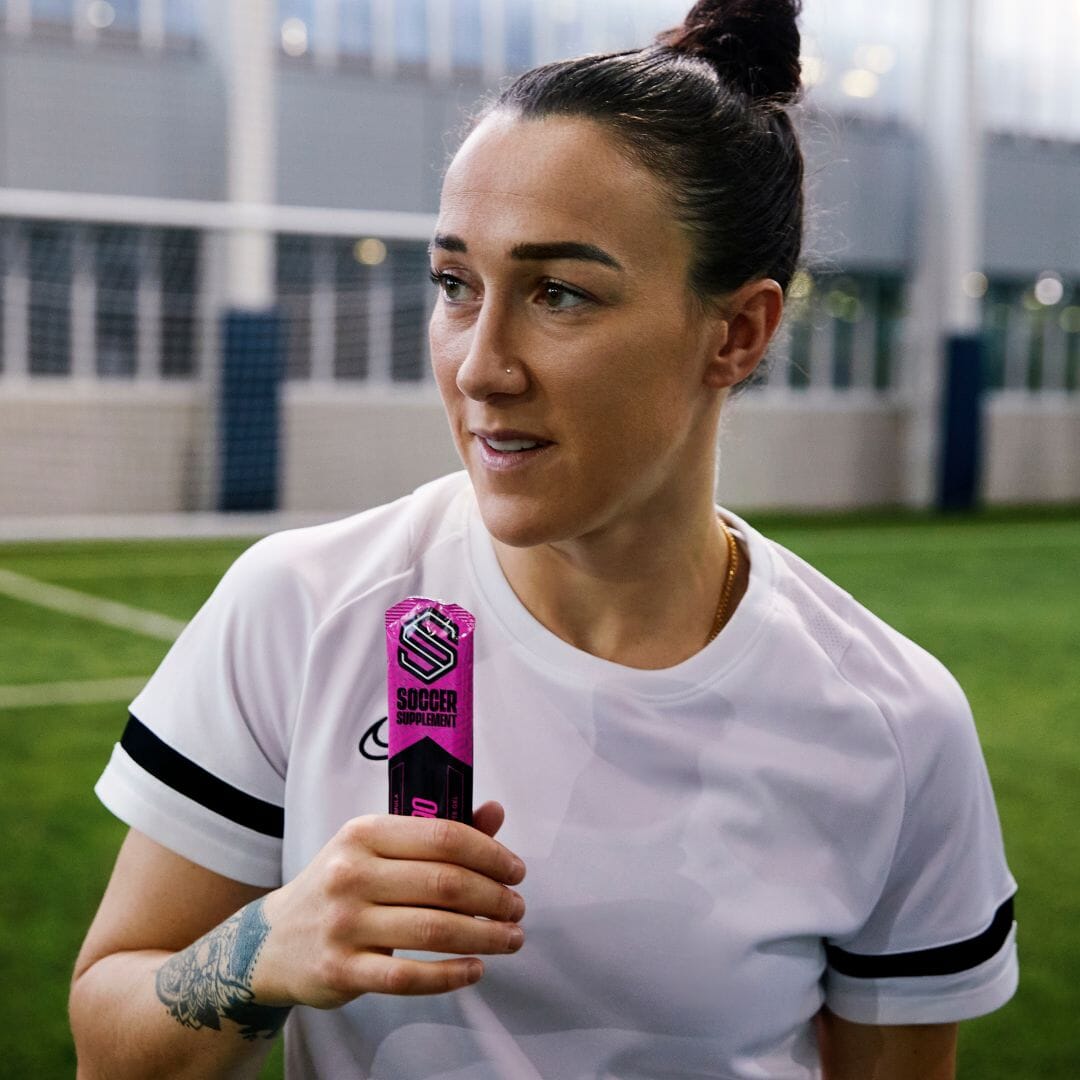Surrounded by the world’s media and thousands of your adoring fans, you thrust the World Cup trophy into the air to be greeted by the roar of the crowd… and then you wake up.
Of course, it was all a dream! Football dreams are wonderful, but to have them – and to get a step closer to achieving the contents of those dreams – good sleep is vital.
While many athletes rightly focus on training, nutrition and supplementation, sleep is one of the greatest recovery tools we have as footballers. Ignore it at your peril.
In this article, we take a look at the science and art of sleep, why we need it, and how to get more of it.
Why is Sleep So Important?
It should go without saying that sleep is important for every living being. But throw in an ambitious schedule of footballing activity and good regular sleep becomes crucial.
When you sleep, your body is in repair mode. A good night’s sleep plays its part in:
- increasing energy
- repairing and building muscle
- metabolising fat
- regulating hormones
- boosting immunity
- recovering from injuries
- removing waste products
This means that if you are nursing muscle strain from your last match or even a bout of man flu, then a good 40 winks will be of huge benefit.
How much sleep should you get? Everybody is different, but around 7 to 9 hours a night is generally agreed to be enough for most people.
Anyone who has had a bad night’s sleep will know the effects it has on the following day. You feel lethargic and any desire to train hard or eat healthily usually goes out the window.
More concerningly, some studies have shown that having less than around 7 hours of sleep can negatively affect your performance – particularly your ability to focus, while also increasing inflammation in the body. As you may know, inflammation is rarely a good thing in the human body.
Long story short, get more sleep.
How to Get Better Sleep
For now, forget practicing your agility on the pitch – it is time to practice good sleep.
That’s right, practice. It is best to think of sleeping as a skill. If you only sleep around 5 hours a night, it’s unlikely you will get those desired 8 hours just by chance – you have to work at it.
Here are a few tried and tested ways to fall asleep faster and stay asleep for longer:
Improve Your Routine
Back to basics here, but a good sleep routine underpins everything else. If you go to sleep at random times or always too late/too early, then your sleeping patterns will rightly feel a bit random. Instead, start to schedule your sleep into your day to ensure your body clock is ticking as it should.
For example, you may want to plan to be in bed and ready to sleep at 11pm, then set an alarm for 7am. If you stick to set times every night, your body will adjust and begin to know when it’s time for bed and time to rise.
Enhance Your Environment
Your bedroom has to be conducive to good sleep. If possible, invest in a quality mattress and comfortable bedding that makes you feel supported and relaxed.
Ensure your bedroom is quiet, dark and cool. Leave your phone or tablet outside your bedroom to avoid distractions, and aim to watch TV in another room if possible. It is best to keep your bedroom for sleeping, not late-night scrolling or flicking between the channels.
Avoid Stress
Easier said than done perhaps, but you should aim to put stress aside before bed to avoid a night of tossing and turning. Stop working, looking at emails and checking social media at least one hour before bed, and avoid stressful situations in the evening if possible.
The same goes for physical stress. Exercise in the day can help you feel ready for sleep come night time, but aim to do it at least three hours before bed. Also consider taking a warm bath or shower before bed to help your muscles relax.
Consider Your Nutrition
Sleeping on an empty stomach is never a good idea, as hunger can prevent you from falling asleep and can also interrupt your sleep.
It is therefore a good idea to have a small protein snack before bed. In addition to keeping you feeling satisfied while you sleep, protein is also crucial to repair and recovery in the body. A pot of yoghurt and a banana, or a protein shake, such as our Whey Protein or Vegan Protein will be ideal.
Meanwhile, caffeine may be a key supplement for footballers, although it can hinder your ability to fall asleep. We therefore advise you to finish your last caffeinated beverage no later than six hours before bed. So, for an evening kick-off, you may want to opt for an energy supplement without caffeine, such as our footballer-focused Fuel90.
As you can see, sleep is an important skill that requires some practice, but a good 7 to 9 hours is achievable for everybody. Start prioritising sleep and you will see tangible benefits on the pitch!






